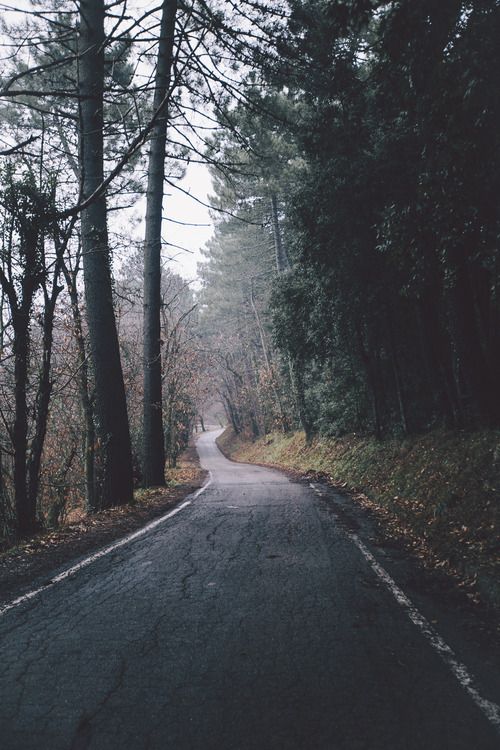Country noir
Daniel Woodrell seems to have an effortless knack for turning bleak scenes into beautiful poetry. Maybe it’s because I grew up in a depressed, poverty-stricken, rural town, but I could see and feel things in Winter’s Bone that I sometimes wish I had no reference point for. It is always a nice surprise, at least to me, to read someone else’s words and find an intimate scene from your own life staring back at you from the pages.
Here’s one scene, from the hillbilly landscape of the Ozarks, that reminds me of wintry mornings in a man’s barn, the smell of sawdust from the floor mixing with the sweet, alarming smell of raw meat:
“Ree Dolly stood at the break of day on her cold front steps and smelled coming flurries and saw meat. Meat hung from trees across the creek. Carcasses hung pale of flesh with fatty gleam from low limbs of saplings in the side yards. Three halt haggard houses formed a kneeling rank on the far creekside and each had two or more skinned torsos dangling by rope from sagged limbs, venison left to the weather for two nights and three days so the early blossoming of decay might round the flavor, sweeten that meat to the bone.”
A less familiar scene, though its spirit — of small-town fatalism, of stuckness — captures why it felt important for me to get away from home:
“The men came to mind as mostly idle between nights of running wild or time in the pen, cooking moon and gathering around the spout, with ears chewed, fingers chopped, arms shot away, and no apologies grunted ever. The women came to mind bigger, closer, with their lonely eyes and homely yellow teeth, mouths clamped against smiles, working in the hot fields from can to can’t, hands tattered rough as dry cobs, lips cracked all winter, a white dress for marrying, a black dress for burying, and Ree nodded yup. Yup.”

